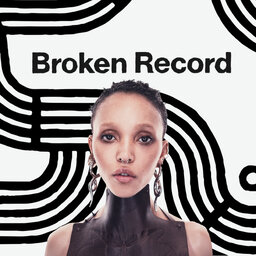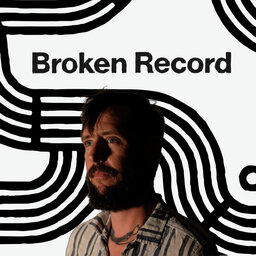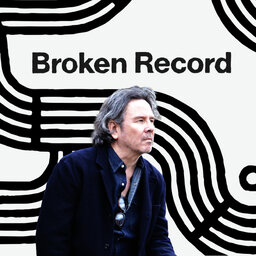Cymande
The British funk band Cymande released their self-titled debut in 1972. The album’s deep calypso and reggae rhythms are inspired by its member’s West Indian roots. And decades after its release, samples taken from Cymande’s albums would find their way into songs that now define hip-hop’s golden era from artists like De La Soul, Gang Starr and The Fugees.
While Cymande has found a second life through sampling during the late ‘80s and ‘90s, its primary members, bassist Steve Scipio and guitarist Patrick Patterson had long since moved on from their artistic life in London, and both moved back to the Caribbean to become lawyers.
But the desire to make music never left them and last month Cymande released a new album called Renascence, a project their label describes as a “spiritual and sonic follow-up” to their 1974 album, Promised Heights.
On today’s episode Justin Richmond talks to Steve Scipio and Patrick Patterson about their early band days in London, and about the early calypso tracks that helped launch Cymande’s sound. They also reminisce about touring the U.S. and opening for Al Green in the '70s, and how they came to collaborate with artists like Jazzie B. and Celeste on their new album.
You can hear a playlist of some of our favorite Cymande songs HERE.
 Broken Record with Rick Rubin, Malcolm Gladwell, Bruce Headlam and Justin Richmond
Broken Record with Rick Rubin, Malcolm Gladwell, Bruce Headlam and Justin Richmond


